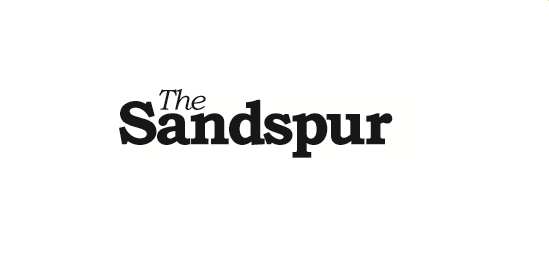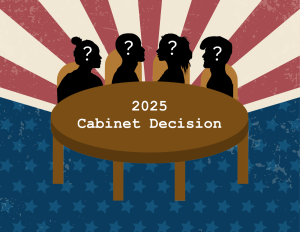Almost a full year before the 2012 presidential elections, a series of smaller scale elections have been going on in states all across the country. What’s with all of this campaigning so far in advance of November? These are the Republican primaries, held in each state to determine who will run against President Barack Obama in November. The primary elections kicked off in Iowa on Jan. 3, followed by New Hampshire (Jan. 10) and South Carolina (Jan. 21).
The next stop is Florida (Jan. 31), with the remaining states having their respective primaries in the following months, until one of the candidates reaches the required 1,144 of the 2,286 Republican delegates.
The race started out with 10 candidates but quickly went down to nine after Tim Pawlenty, the former governor of Minnesota, dropped out. The remaining candidates continued battling it out, with most of them experiencing sharp rises in their popularity at various points. But late in November, candidate Herman Cain, the former CEO of the National Restaurant Association, was dealt a crippling blow when two former employees claimed that he sexually harassed them. This, in combination with subsequent allegations that Cain was participating in an extramarital affair, forced him to leave the race.
Shortly thereafter, Gary Johnson, the former governor of New Mexico, withdrew his candidacy from the Republican race to run as a Libertarian. More recently, candidates Michele Bachmann (House Representative from Minnesota), Jon Huntsman (former governor of Utah), and Rick Perry (governor of Texas) all dropped out due to low polling numbers. This narrows the playing field down to four candidates: Mitt Romney, former governor of Massachusetts; Rick Santorum, a senator from Pennsylvania; Newt Gingrich, former House speaker; and Ron Paul, a House representative from Texas. So who will go on to run against Obama in November?
Daniel Berlinger ‘13 has his own opinion on the matter. As the president of Rollins’ College Republicans, he has been following the race from the beginning. When asked who his favorite candidate is, he was quick to endorse Santorum. “I like that he’s the most fiscally conservative person in the race,” he said.
However, Berlinger acknowledged that Santorum is not necessarily the most likely candidate to win the primaries; instead, Romney seems to be in a better position to take the nomination. “The primaries are effectively over with South Carolina,” he said, noting that Romney currently has a strong lead there. “South Carolina has been correct for many Republican primaries in the past, so it’s a pretty good indicator.”
Ed Leffler ‘14 gave a similar analysis of the situation. Leffler, who attended the National College Republicans Convention last year, cited Romney as the most likely candidate to win the primaries. Although initially favoring Huntsman, he put his support behind Romney after Huntsman left the race. “My favorite candidate is Mitt Romney,” Leffler said. “He represents a middle ground, moderate voice of the Republican party.” Despite this, he expressed disappointment that Huntsman dropped out of the race. “It was an awful idea for Huntsman to drop out after seeing such huge gains in New Hampshire,” Leffler lamented.
He did not feel the same way about the other candidates who dropped out, however. “Cain had little political experience, and Perry wasn’t as put-together as some of the other candidates,” he said.
Like Berlinger and Leffler, Professor of Political Science Richard Foglesong feels that the Republican nomination is all but secured. “Clearly it’s Mitt Romney,” said Foglesong, citing public opinion polls as evidence to that fact. “From the beginning, [Romney] has demonstrated a command of the issues,” he said. “Not only has he performed well in the debates, but he has the most money and nationwide organization [of the candidates].”
Foglesong went on to assert that Romney stands the best chance among the Republican candidates of beating Obama in the general elections. “If you lined 100 political scientists up against a wall, 97 would pick him to perform best against Obama,” he said.
Despite Romney’s relative strength compared to the other candidates, Foglesong was quick to point out that the results of November’s elections are anything but certain. “It’s going to be a very competitive general election campaign,” he said. “A Romney-Obama matchup will be a competitive race.” With the Florida primaries just around the corner, the final selection of the Republican nominee will only be a matter of time. “Florida is the first big state to hold a primary,” noted Foglesong, who pointed out the importance of Florida in the nomination of John McCain as the Republican presidential candidate in 2008. “I think history will repeat itself — Romney will win our primary by a large margin, like McCain did.”
Time will tell if his and other people’s predictions end up coming true.
CORRECTION: This article misstated that Daniel Berlinger ’13 supported Rick Santorum. Berlinger only identified Santorum as the most conservative candidate, but realistically saw Mitt Romney being the Republican nominee.









Be First to Comment